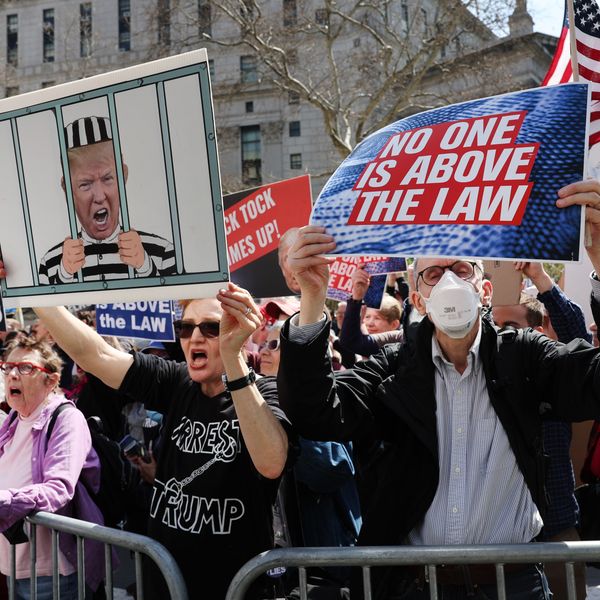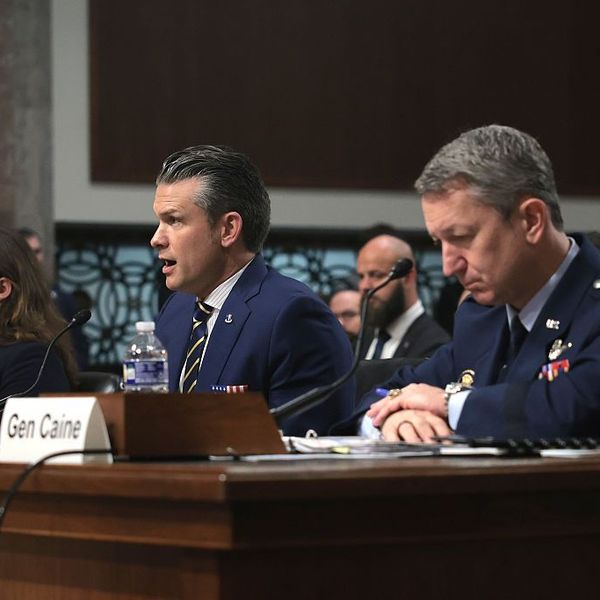The United Nations commission for human rights said Tuesday that the agency is ready to take on President-elect Donald Trump over his "ghastly" campaign promises.
"We are going to speak up," one U.N. official told Foreign Policy. "It'll be rough, but if [Trump] puts any of those ghastly campaign pledges into action we will condemn."
U.N. human rights chief Zeid Ra'ad Al Hussein reportedly told his staff that they will serve as the "front line" in a global campaign to prevent the Trump administration from violating or rescinding human rights principles. Agency officials are coming up with strategies to deal with the man who was elected on a mandate of racism, xenophobia, and Islamophobia, vowing to implement a "Muslim registry," reinstate torture, and build a wall along the U.S.-Mexico border.
Foreign Policy writes:
A chief concern, officials say, is that if the U.N. doesn't call out its most powerful member for straying from universally accepted human rights norms, the rest of the world will be emboldened to ditch them.
[....] The prospect of the United States emerging as one of the U.N.'s primary human rights challenges underscores the degree to which America's standing as a champion of civil and political rights has eroded since George W. Bush's administration launched its globalwar on terror after the 9/11 attacks.
Trump's transition into the White House comes amid a turbulent global human rights landscape, especially with far-right parties on the rise in Western Europe.
Zeid has previously referred to Trump as one of the rising political "demagogues" who, along with European leaders like the Netherlands' Geert Wilders and England's Nigel Farage, use "half-truths and oversimplifications" to demonize and separate people based on ethnicity or religion. He has also described Trump as "dangerous" for the international community.
"We must pull back from this trajectory," he said in September, warning, "Communities will barricade themselves into fearful, hostile camps, with populists like them, and the extremists, as the commandants. The atmosphere will become thick with hate; at this point it can descend rapidly into colossal violence."


